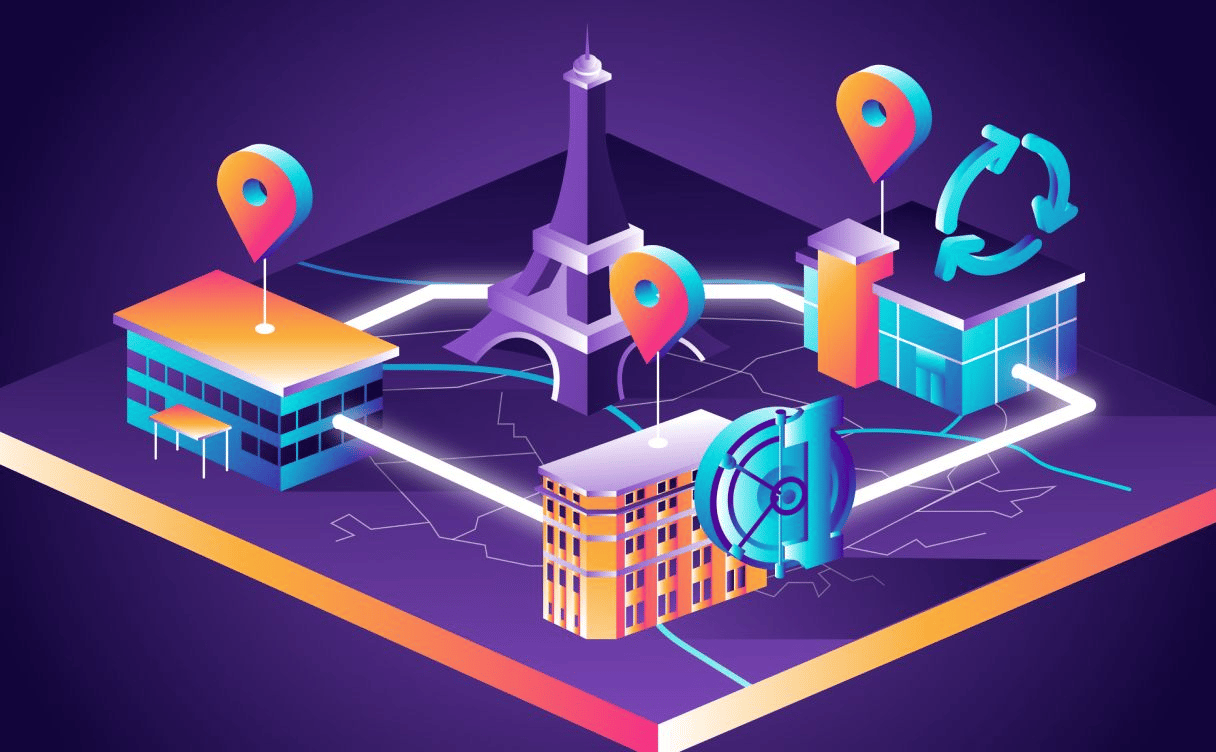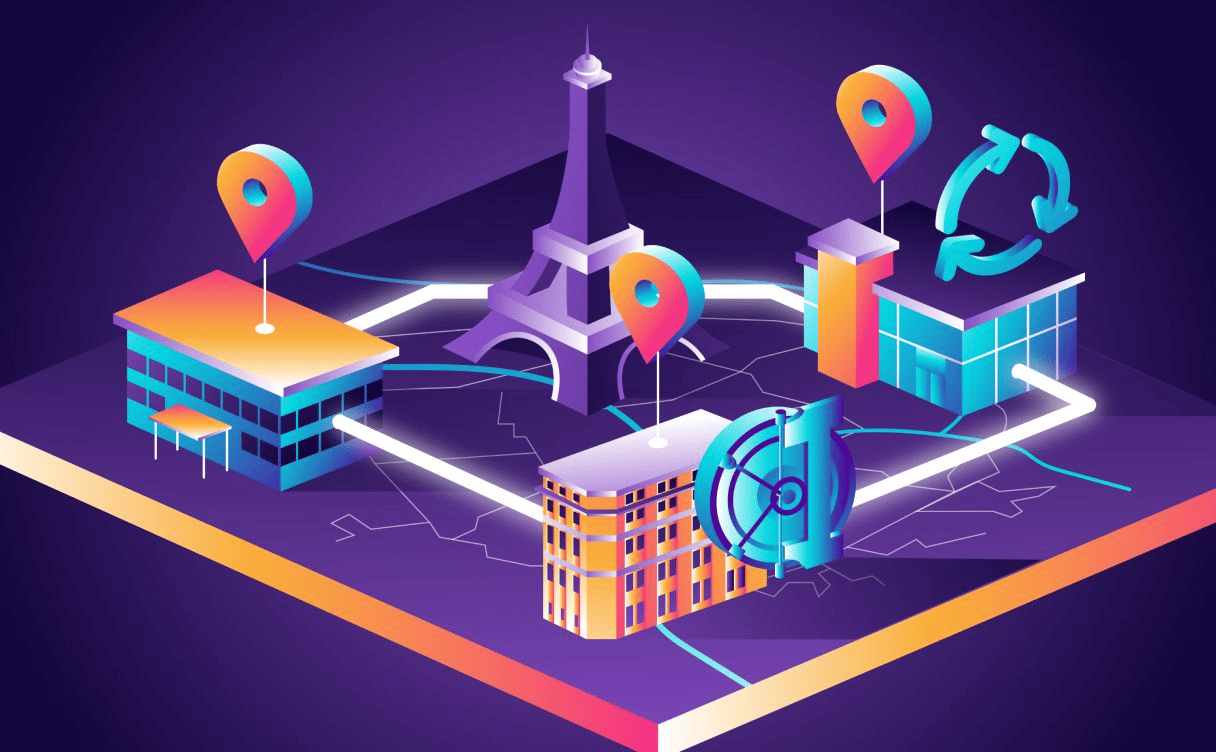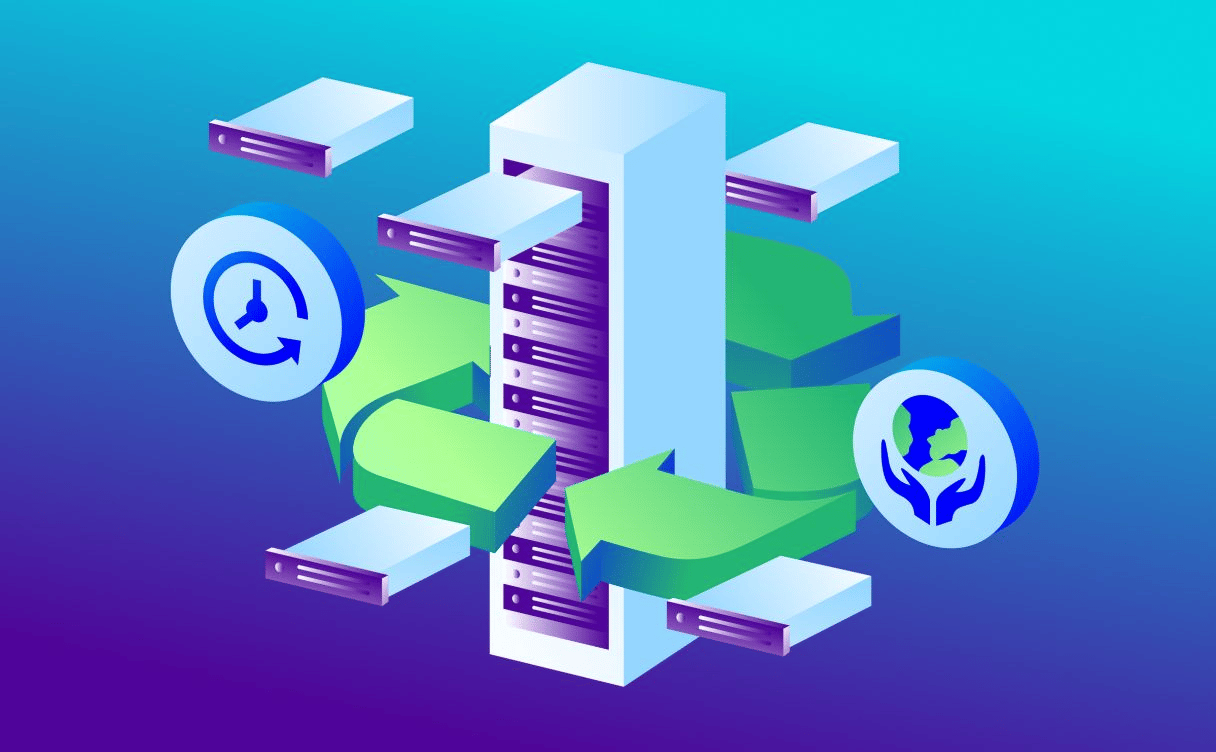
Discover DC5 - Hyper-Scale Mechanical-Cooling Datacenter
Discover how DC5 operates: How do we optimize the energy footprint of datacenter? How can we prevent power loss? How can we deliver proper cooling make it modular?

Global warming is forcing us to question the techniques ordinarily used to cool data centers, as they are responsible for a significant part of the digital economy’s energy consumption. Reducing power consumption is our industry's #1 priority, followed closely by water conservation and waste management. To put this in perspective, a single data center can use power equivalent to a small city and requires a significant amount of water for cooling.
Our water use has multiplied by 6 over the past 100 years globally, and today, it continues to grow by 1% every year (UN, 2020). We want to open the EU Green Week 2021 by bursting the water usage taboo in data centers to raise awareness of the global water crisis.
EU Green Week is also an opportunity for us to continue questioning our industry’s water consumption practices and to propose credible ways forward to make sure we collectively take responsibility to preserve our first indispensable resource.
As a leading European cloud provider, owning our whole value chain, we are one of the few to be holding ourselves accountable as global citizens and committing to sustainability best practices that are impactful, achievable, and will ultimately set the standard for the data center industry in the years to come. More on the Iliad Group’s 10 environmental commitments.
In Europe, and all across the globe, we have been thrown into the greatest moment of digital transformation in history, and we, digital players, have the opportunity to stand out as key contributors to tomorrow's economy by putting this transformative force at the forefront of a fairer, more responsible and greener society. And because 80% of the world's IT is not yet in the cloud, this new stage of development has only just begun.
End of 2019, the European Commission (EC) presented the Green Deal roadmap as a response for a sustainable digital transition, and while the cloud is still in its first stages of development, it is time—now more than ever—to make forward-thinking decisions in order for the benefits of the new digital economy to trump the harmful ecological consequences and to strengthen the EU green, digital and economic leadership, whilst creating a healthier, socially fairer Europe and planet.
It might surprise you, but one of the first things to do to improve our digital environmental impact is to use the cloud, and to concentrate everything in data centers (https://www.iea.org/commentaries/data-centres-and-energy-from-global-headlines-to-local-headaches).
With the industry still dealing with environmental scrutiny over carbon emissions, and water scarcity poised to be the next major resource to be publicly examined, our customers need to have a better understanding of the pressing issue the data center industry is facing around water consumption.
The world is already confronted with what is commonly known as the global water crisis, climate change aside. Rising demand, demographic growth & uneven availability of water resources are at the core of this crisis, further exacerbated by climate change. But there are solutions! - Marie-Laure Vercambre, of the Partenariat Français pour l'Eau - French Water Partnership
It is unacceptable that today, in 2021, we still omit water consumption from the equation when calculating a data center’s responsibility and efficiency.
The near-unwavering focus of the industry on energy performance has led to other key factors in environmental performance, such as water efficiency, to be neglected.
There is a rush on the part of many data centers, the ones lauded for their efforts, to be able to use the marketing sheen of the terms “energy efficient”, but behind this slogan are some unspeakable practices which must disappear... the waste of millions of cubic metres of drinking water in cooling towers to cool data centers, a process that is characterized by considerable environmental and health risk. This practice, which is nearly banned in France, persists in some European countries and needs to be globally regulated. It’s time to face the unforgivable consequences of cooling towers and actually take tangible steps towards change and ban them in Europe. (TIME)
Rather than planting trees, we at Scaleway prefer to think outside the box. Our sustainable actions have real impact because we have innovated where it counts most - energy and water use at the source. We use **technology that makes sense for each and every one of our Scalers who are deeply concerned by their environmental impact. We are a key digital stakeholder, and not only do we innovate, we also guarantee **the utmost quality and reliability of service. DC5 is different from a traditional data center. Find out more about our adiabatic cooling.
At a time when Europe and the States are calling the environmental and ecological impact of the digital sector into question, it has never been more urgent to change our habits and bring innovation back to the forefront of data centers.
We need to recognize that innovation is the only way to cut the environmental footprint and the use of natural resources, such as water at the source, rather than compensating by throwing money at the problem.
On the occasion of the EU Green Week, Scaleway, in partnership with The Greentech Alliance and The Next Web, is delighted to invite you to a virtual round table discussion:
Scaleway’s President, Arnaud de Bermingham, will be joined by key stakeholders from the water sector, sustainable computing research, and French and EU level law-makers including:
The French Member of Parliament Vincent Thiébaut, rapporteur on a “digital and environment” law proposal, will deliver a keynote.
53. This topic, often taboo, is overlooked in most discussions concerning the digital sector’s environmental footprint.
54. Our roundtable aims to reach a common understanding on the current situation, the challenges faced, and perspectives for change. Speakers will focus on the business mindset, technological innovations and regulations -
55. with the obvious aim being to find a way to preserve one of the most vital, and yet threatened, common resources that humanity has to look after on our blue planet.
This is not only an invitation to the roundtable, but also an invitation to think outside the box! And because Scaleway has always


Discover how DC5 operates: How do we optimize the energy footprint of datacenter? How can we prevent power loss? How can we deliver proper cooling make it modular?

One night in September, a power transformer shut down in one of our Parisian data centers. Read on to find out what happened during this tense night.

Since the second half of 2020, demand for semiconductors has exceeded supply. Cue a global shortage, aggravated by pandemic-induced lockdowns, has left the world reeling.